The Legal AI Revolution: What Every Law Firm Needs to Know in 2025
Over 50% of law firms now use legal AI. Discover how it's transforming legal work globally—from UAE to the UK—and why Qanooni is engineered for cross-border compliance, precedent reuse, and secure drafting.
What Is Legal AI? (And What It's Not)
Legal AI refers to purpose-built artificial intelligence systems that help law firms and in-house legal teams perform core legal tasks more efficiently—such as contract drafting, clause analysis, legal research, and compliance review. Unlike general-purpose AI tools, legal AI systems are specifically trained to interpret and generate structured legal content that adheres to regulatory, jurisdictional, and stylistic standards.
The State of Legal AI in 2025: Trends & Data
Legal AI is no longer hype—it's becoming infrastructure. According to Thomson Reuters, over 77% of legal professionals believe AI will have a transformational impact on their work, with many citing time savings and accuracy as top benefits.
WorldCC and Icertis report that 25% of legal teams have already implemented AI to streamline contracting and risk analysis.
Why Law Firms Are Embracing Legal AI: Use Cases
- AI-assisted drafting: Auto-generate agreements based on past precedents or jurisdiction-specific templates.
- Clause risk detection: Flag ambiguous or non-compliant language instantly.
- Multilingual support: Draft or review documents across English, Arabic, and other local languages.
- Workflow integration: Work seamlessly inside Microsoft Word and your document management systems.
Jurisdictional & Language Awareness: UK, UAE, and Global
In the UK, AI adoption is driven by competition and innovation incentives. In the UAE, adoption is regulatory-driven, with courts and ministries rapidly digitizing case management systems. Ireland, with its common law roots and EU alignment, offers a hybrid environment where compliance automation and multilingual workflows are vital.
True legal AI must reflect these variations—not just in language, but in legal logic. Drafting a power of attorney in Abu Dhabi requires different fallback logic than one in London. Your AI must know the difference.
What to Look for in a Legal AI Platform
- Can it draft using your existing clause bank or precedents?
- Does it understand jurisdictional nuances across multiple systems?
- Can it protect your data (GDPR-compliant, no model training)?
- Is it stateless and integrated with your preferred tools?
Expert Commentary: What the Industry Is Saying
As reported by Business Insider, leading firms like DLA Piper and Morgan Lewis are using legal AI to accelerate high-volume drafting and reduce overhead. According to Thomson Reuters, firms that adopt AI early are already reporting significant gains in accuracy and drafting speed.
Why Qanooni Is Built for Real Legal Work
Qanooni is a multilingual, multi-jurisdictional legal AI platform designed from the ground up for how lawyers actually work.
- Drafts from your own past agreements, not just templates.
- Understands common and civil law distinctions.
- Works across English, Arabic, and global legal frameworks.
- GDPR-compliant, stateless, and never trains on your data.
Lawyers using Qanooni save 8–10 hours per week on average. Internal usage data shows that legal professionals spend over 50% of their day interacting with Qanooni's features—from drafting and reviewing to clause management and compliance workflows.
This impact has been covered in recent industry reports. See:
The Legal AI Maturity Model

This framework illustrates the progression of legal AI from template-based tools to deeply integrated systems like Qanooni that support multilingual, jurisdiction-aware drafting with stateless processing and DMS integration.
Conclusion: How to Get Ahead in Legal AI
Legal AI isn't a trend—it's a transformation. The firms that will lead in 2025 are already building workflows with it today. They're not replacing lawyers—they're freeing them to focus on high-value work while automating what can be automated.
Frequently Asked Questions
What is legal AI?
Legal AI refers to specialised artificial intelligence systems designed to support legal professionals in drafting, reviewing, and analysing legal documents with precision, based on legal context, jurisdiction, and contract structure.
Is legal AI reliable for client-facing work?
Yes, when built on a legal-specific architecture with jurisdictional awareness, legal AI platforms like Qanooni can reliably generate compliant, on-brand drafts for client use.
Can legal AI work across jurisdictions?
Yes. Advanced legal AI tools support multi-jurisdictional drafting, adapting language and structure for UK, UAE, Ireland, and beyond.